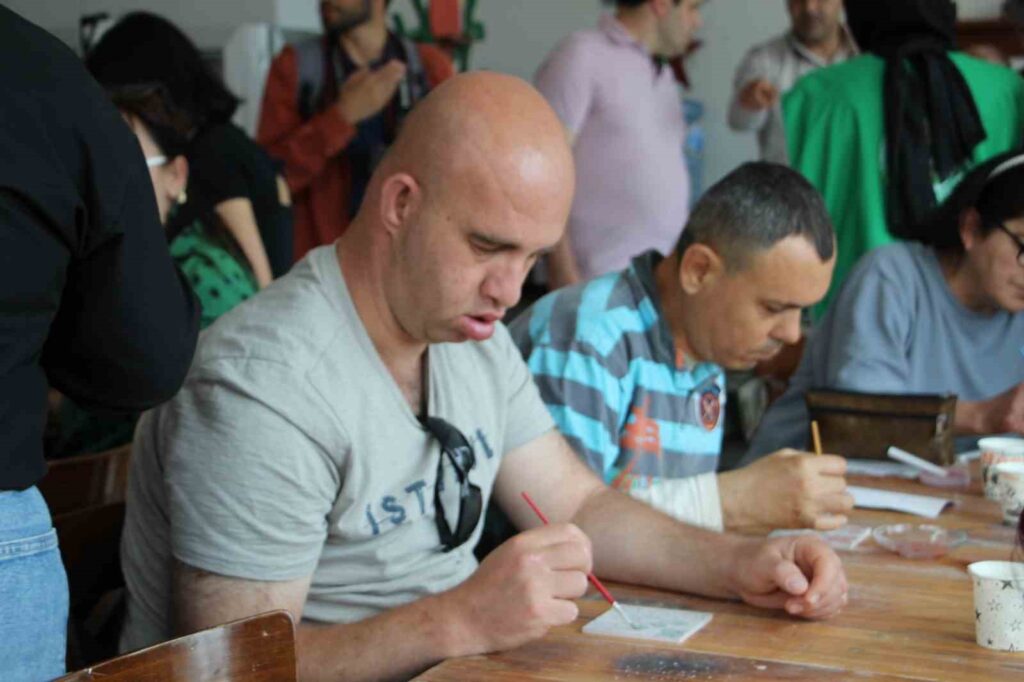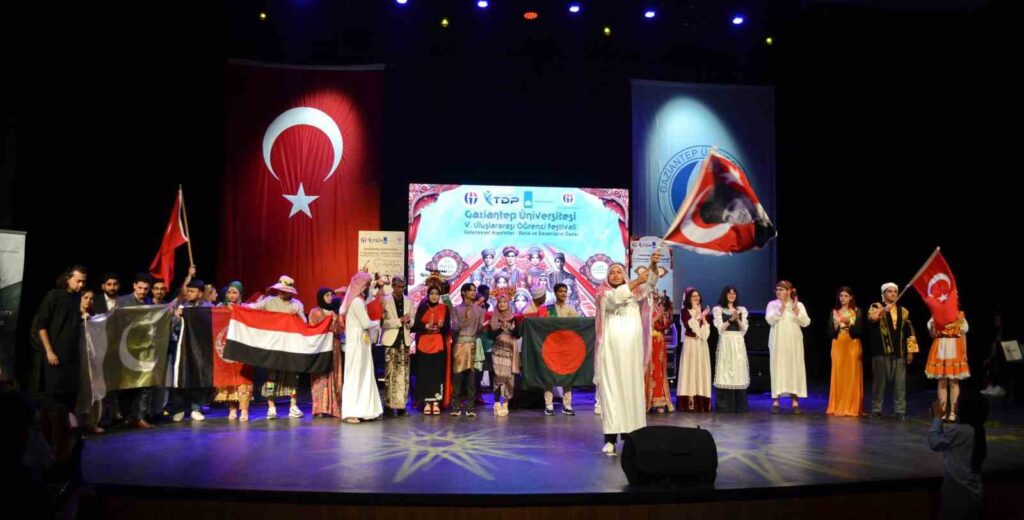YÖK President Özvar: “Our goal is to make Turkey a research and innovation center with global impact.”
In the workshop for the 2025-2029 Strategic Plan organized by SUBÜ, the Chairman of the Higher Education Council, Erol Özvar, stated, “One of the important pillars of our higher education vision is research and innovation in higher education. Our main goal regarding this is …

In the Strategic Planning Workshop 2025-2029 organized by SUBÜ, Higher Education Council President Erol Özvar stated, “One of the important headings of our higher education vision is research and innovation in higher education. Our main goal in this regard is to transform Turkey into a research and innovation center with global impact. In line with this goal, we are implementing necessary administrative and legal regulations to increase the capacity and productivity of research and application centers.”
The “Sakarya University of Applied Sciences 2025-2029 Strategy and Stakeholders Summit” took place at a hotel in Sapanca with the participation of YÖK President Erol Özvar. The program, held under the theme “Strong Future through Cooperation,” determined the university’s vision and strategic goals. Additionally, President Özvar provided information about the present and future of higher education during the workshop.
“We will continue our work on 5 strategic objectives in our workshop”
In the opening session of the workshop, Rector Prof. Dr. Mehmet Sarıbıyık expressed that they wish to include the goals of producing research and development solutions to the problems of the business world and training qualified students in the new strategic plan. Sarıbıyık stated, “Sakarya University of Applied Sciences (SUBÜ) is a university established in 2018 by splitting from Sakarya University. We are intensively continuing our work within the framework of the 2020-2024 Strategic Plan. We are continuously working in line with 5 strategic goals, taking into account the circumstances of our city, with a target of 10 thousand and 23 performance indicators. Today, we will continue our work on 5 strategic goals in our workshop, which will take place at 8 different tables. We will try to plan the parts related to the future of our university.”
“I want to express that we value the strategic plans of our universities”
Emphasizing the significant role of universities in the country’s development, Sakarya Metropolitan Municipality Mayor Yusuf Alemdar stated, “I want to emphasize that our universities, along with our esteemed faculty members and students, will train in such a way that they can carry the level we have reached in industry and science further, making this society’s tomorrow more valuable. We value the strategic plans of our universities. I hope that these strategic plans will guide the future of countries and nations, strengthen nations, and help them quickly take their rightful place in the world.”
Sakarya Governor Rahmi Doğan noted, “The concept of strategic planning, which emerged in the early 2000s, has become an important planning tool for determining goals for all public institutions and organizations, outlining what needs to be done for these institutions to achieve these goals within budgetary capabilities. During this process, it has also been determined how to work with stakeholders. I hope that these plans will yield positive results and add value to our country with valuable data and studies.”
“The occupancy rate of programs has reached a high level of 98.8%”
In a statement during the program, Higher Education Council President Erol Özvar expressed that approximately 3 million candidates participated in this year’s Higher Education Institutions Examination, saying, “When we look at the numerical data regarding the 2024 YKS, we encounter the following table: Approximately 2 million 750 thousand of the candidates who took the exam had their placement scores calculated, and around 1 million 670 thousand of them made preferences for the total of over 1 million quotas determined for this year. As a result, by the end of the 2024 YKS preference period, a total of 987 thousand 388 candidates have gained the right to enroll in a higher education institution. The occupancy rate of programs in state universities has reached a high level of 98.8%. Notably, at the end of the preference period, female candidates obtained the right to enroll in a program at approximately 55%, while males were at 45%. These rates and numbers are a clear indication of the high standards achieved by Turkish higher education in terms of access and equality of opportunity. The number of our female students and especially the ratio of female academics meet OECD standards,” he said.
“35% of our higher education institutions have institutional accreditation”
Regarding institutional accreditation, Özvar stated, “As of today, the fact that 35% of our higher education institutions have institutional accreditation is a concrete indicator of the progress made in this field. However, it is clear that we need to move much faster to achieve our goal of having all our universities complete the accreditation process by 2027. According to program accreditations granted by national and international organizations authorized by YÖKAK, 17% of the current programs are accredited. Within the framework of our quality and accreditation-focused approach in higher education, the ‘accreditation’ and ‘qualified publication’ requirements that we introduced for graduate programs in the past period have also been significant steps to enhance the quality of our system,” he said.
“898 programs from 109 universities have obtained the right to use the TYÇ logo”
Özvar also conveyed that they are ready to provide all kinds of support to increase the productivity of research and application centers, stating, “If the conditions we introduced for opening doctoral programs are not met, we will not allow the opening of new programs. Similarly, I would like to announce that a study is being conducted by our council to establish units such as faculties, colleges, institutes, research, and application centers in the upcoming period to meet accreditation conditions. Again, with a decision we made this year, the Turkey Qualifications Framework (TYÇ) Logo has been included for the first time in the Higher Education Programs and Quotas Guide. This year, 898 programs from 109 of our universities have obtained the right to use the TYÇ logo. One of the important headings of our higher education vision is research and innovation in higher education. Our main goal in this regard is to transform Turkey into a research and innovation center with global impact. In line with this goal, we are implementing necessary administrative and legal regulations to enhance the capacity and productivity of research and application centers. In this regard, Gazi University, METU, and Ankara University’s joint establishment of the Neuroscience and Neurotechnology Excellence Joint Application and Research Center (NÖROM) is noteworthy as a significant example. We are ready to provide all kinds of support to our universities to increase the number of similar joint research and application centers.”







